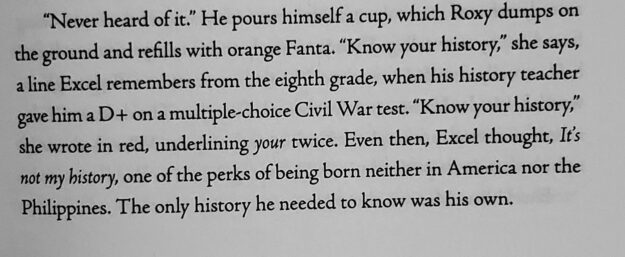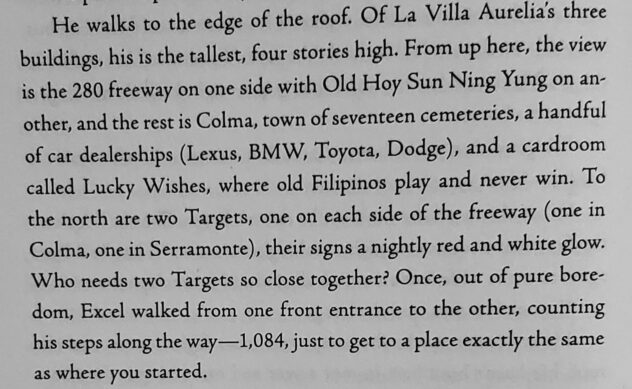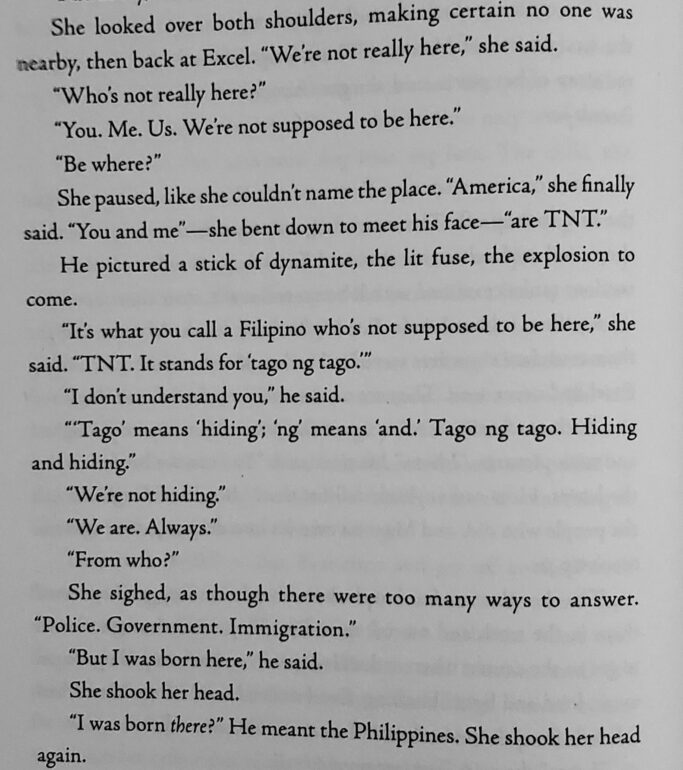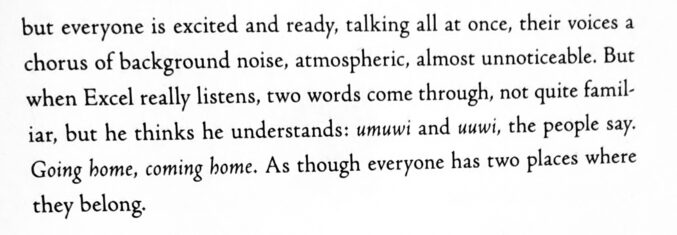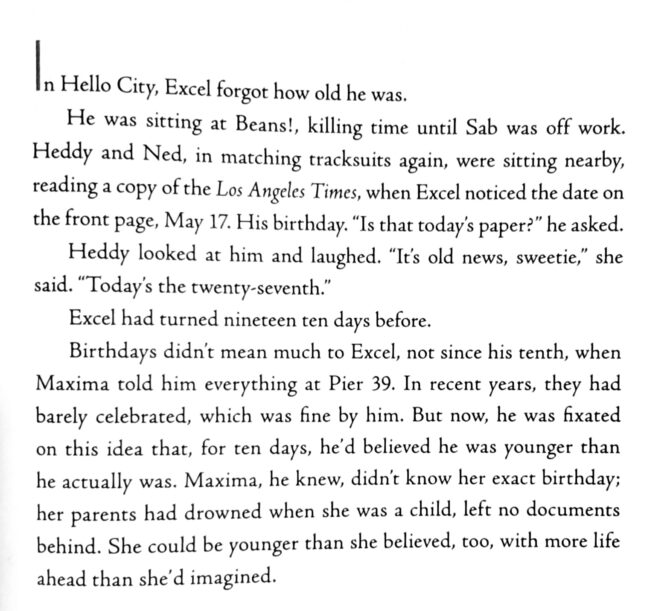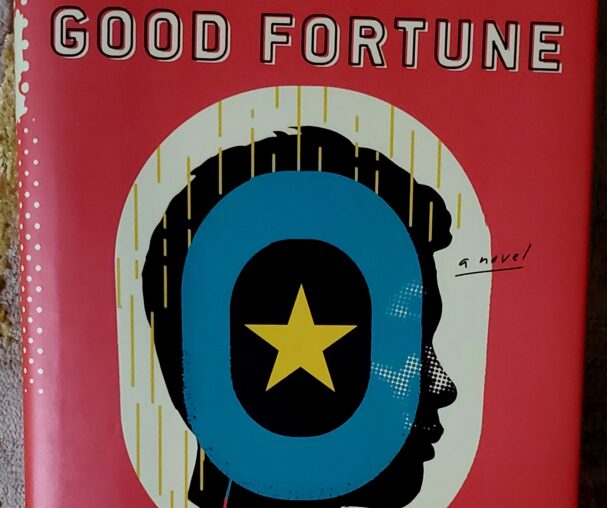As I have repeated elsewhere, novels with migration themes resonate a great deal for several reasons, but most importantly because the sense of belonging and assurance of homeliness is integral to what makes us human. I have just finished The Son of Good Fortune barely days before Lagosians like the rest of Nigerians go to the polls to elect a new governor. The run-up to this particular election has been toxic, to say the least. The campaigns have been particularly characterised by xenophobic and alienating rhetoric. Suddenly the true meaning of the word Lagosian is being disputed and people who were born here and lived all their lives here are being pushed to reevaluate what home means to them. Like Excel recounted in The Son of Good Fortune, “Arrival – was utterly foreign to him – he’d never really come from somewhere else before”. It is an awful feeling to be told that you do not belong to a place you call home. It is even worse when you are made to suddenly accept that your own definition of home is invalid.
Lysley Tenorio’s excellent novel – The Son of Good Fortune is one that touches on themes of belonging, family and migration. In it, Maxima, a D-class Filipino action hero buys a one-way ticket to California and with her undocumented status lives perpetually below the radar while trying to make a living off online dating scams. It is bad enough living like that alone. It is worse for Maxima because she has a son, Excel (like the spreadsheet!) who she had on the plane while flying to America from the Philippines. On Excel’s 10th birthday, his mother gives him the worst possible gift any child can get – that he is a TNT – Tago ng Tago (hiding and hiding) which is the Tagalog slang for an illegal migrant. Excel is told to keep a secret and try to live his life as invisibly as possible. Excel spends the next 9 years trying to go through life as unobstructive as possible. As a TNT, he can’t dream, not even mediocre dreams are within his reach. A dream or aspiration of any sort will humanise him and as a TNT, he is undeserving of that. Hiding is the only thing befitting for the likes of Excel and Maxima.
The Son of Good Fortune is a poignant coming-of-age novel of sorts as Excel grows into an adult while still hiding. He learns to seek a sense of belonging in Hello City with his fellow band of misfits. During this time and the period afterwards, he explores his humanness and makes sense of the difficult choices that his father Maxima has had to make. His humanness is not blunted by the society that wants him to hide indefinitely – the grandiose act of kindness and understanding that he extends to Z, his Serbian coworker bears witness to that. While the issues dealt with in The Son of Good Fortune are heavy, Tenorio has a style of writing that lightens the mood and even the hilarious moments do not seem forced or misplaced. The chapters alternate between the past and present and are so excellently crafted in a synchronous manner that the past does not feel like a flashback at all. The characters all seem ordinary yet almost unforgettable as they confront daily challenges in manners that make them seem heroic without being heroes of any sort. In all, the questions that The Son of Good Fortune raises about community, belonging and identity are very valid in our world at large and particularly in Nigeria in this current season.
Excellent Read.
3.9/5
